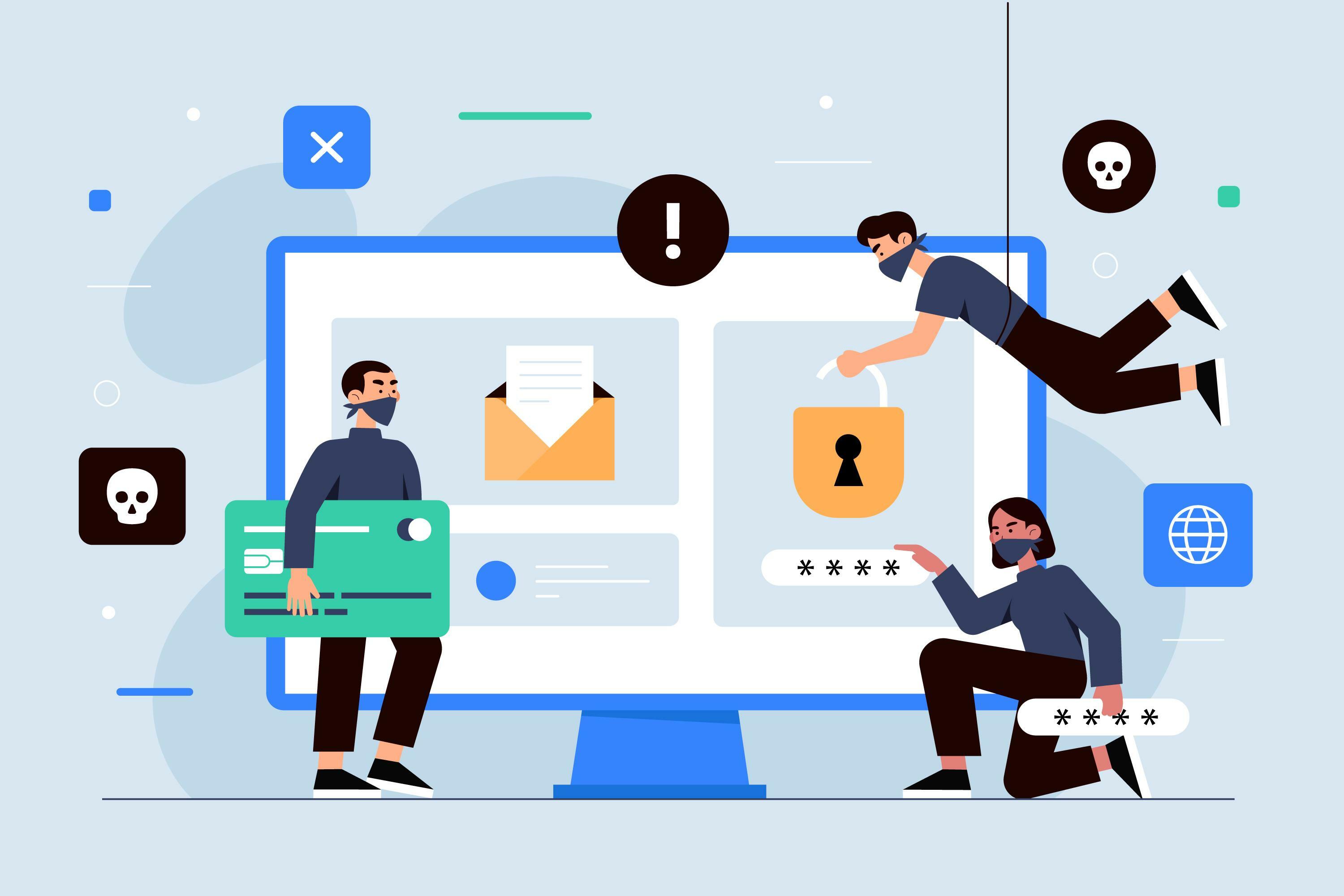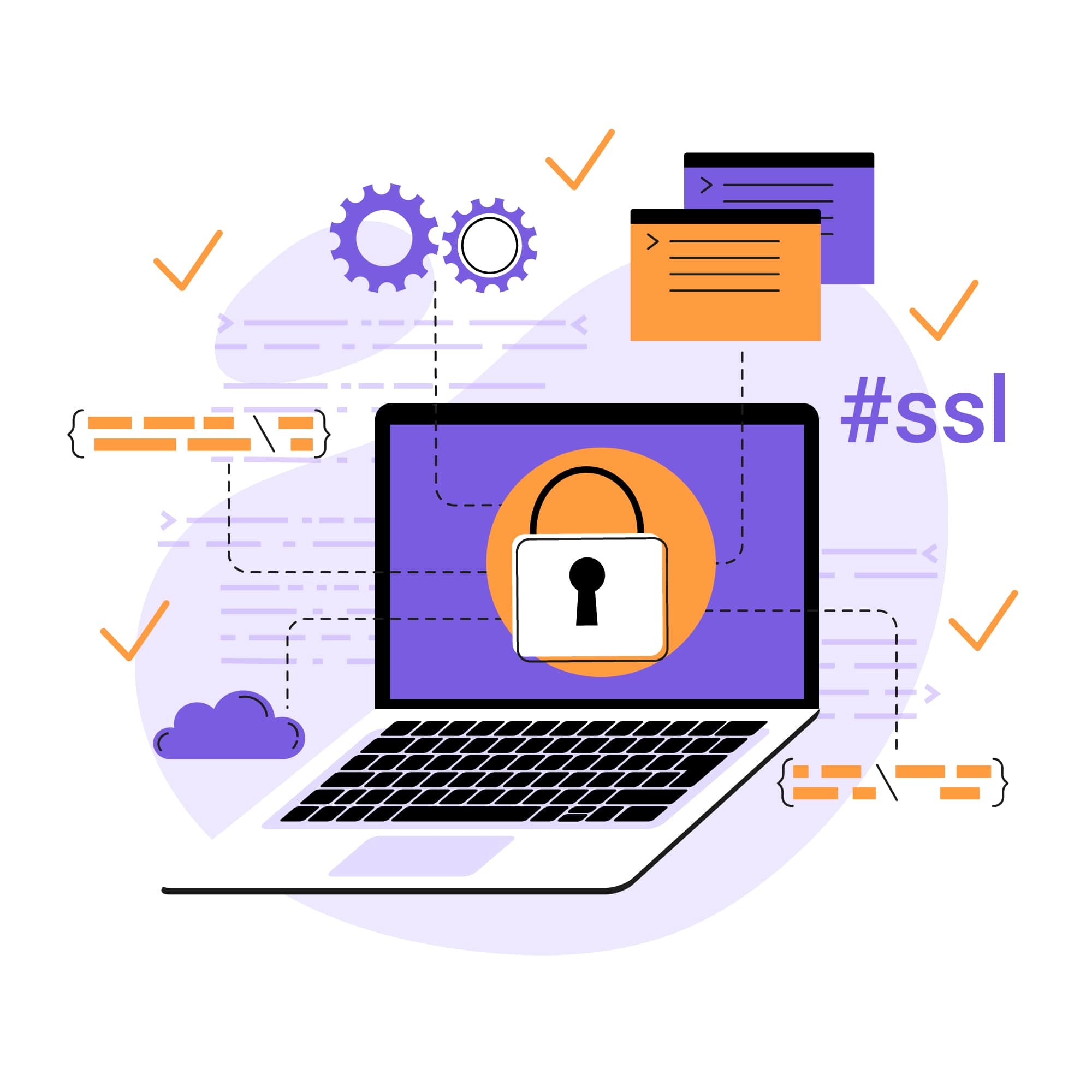
Content Delivery Network Security Considerations
Today, countless businesses and individuals alike are using content delivery networks (CDNs) to deliver and receive content, respectively. According to a survey by Statista, traffic to CDNs throughout the world is projected to reach 252 exabytes (EB) per month in 2022. By contrast, CDN traffic peaked at just 54 EB per month in 2017.
This staggering volume of traffic positions CDNs as prime targets for cybercriminals intent on intercepting, altering, and stealing crucial information. In essence, security should be a paramount concern for website owners in their CDN strategy. So, what exactly is CDN security, and are your users at risk if it's lacking? Thwarting the nefarious intentions of cybercriminals necessitates robust, up-to-date security measures specifically tailored to your CDN's needs. Let’s explore all these CDN security issues and more.
What is CDN security?
CDN security refers to the measures and technologies used to protect a content delivery network (CDN) and the content it delivers. A CDN is a network of servers that work together to distribute web content quickly. It allows for the quick transfer of assets needed for loading Internet content, including HTML pages, javascript files, stylesheets, images, and videos.
Here's why CDN security is especially important for eCommerce:
Safeguard Data: eCommerce platforms often handle sensitive customer data, including personal information and credit card details. CDN security helps protect this data from breaches and unauthorized access.
DDoS Protection: Distributed Denial of Service (DDoS) attacks are a common threat where a site is overwhelmed with traffic from multiple sources. CDNs can help absorb and distribute this traffic, reducing the impact of such attacks.
Performance and Availability: CDNs improve website performance by caching content close to the user. Ensuring CDN security means that this performance is maintained, which is crucial for eCommerce platforms where page load times can significantly impact sales.
Trust and Reputation: A secure CDN helps maintain the integrity of the eCommerce site. Security breaches can damage a company's reputation and lead to a loss of customer trust.
Compliance with Regulations: eCommerce sites are often subject to regulations like GDPR, PCI DSS, etc. CDN security helps ensure compliance with these regulations, avoiding potential legal issues and fines.
Protection Against Malware and Vulnerabilities: A CDN can provide an additional layer of security when paired with firewalls and other solutions to protect against malware and other vulnerabilities.
Secure Content Delivery: Encryption and secure tokenization in CDN ensure that content is securely delivered to the end-user, preventing man-in-the-middle attacks.
What are some CDN security risks?
Once you understand the answer to “What is CDN security?,” it’s easy to see how CDN security can be vital to users having a great browsing experience. Unfortunately, security for a CDN can come with risks.
Unlike firewalls, CDNs alone are unable to block bad bots from infecting a website. As such, it’s possible to hijack and exploit CDN servers containing cached information in a variety of ways.
For example, if a hacker gained access to data cached on a CDN used by multiple businesses, customers’ private information would become vulnerable. Cybercriminals could then steal passwords, email addresses, and any other sensitive information that could be used to log into private accounts or leveraged in a ransom situation.
DDoS attacks are another method for extortion and blackmailing, making them one of many major CDN security concerns. A simulated test showed that 16 different CDNs were vulnerable to a DDoS exploit that caused servers to repeatedly run the same command. These repeated commands eventually led to the servers becoming overloaded, ultimately taking the content offline.
Is a CDN the same as a web host?
No, a CDN is not the same as a web host, although they both play crucial roles in delivering web content to users and involve the use of data centers. A web host provides a server, typically located in a data center, where your website's data is stored and managed. It's where your website 'lives' on the internet. When a user wants to visit your website, their browser requests data from your web hosting server at the data center.
On the other hand, a CDN is a network of web servers distributed globally across multiple data centers, designed to deliver your website's content more efficiently. The CDN caches a copy of your website's static content (like images, CSS, JavaScript) on servers in these data centers around the world. When a user visits your website, the CDN routes this content from the server closest to them, located in one of the data centers. This proximity reduces the distance the data travels, improving loading times and reducing bandwidth costs.
CDN security best practices
Though CDNs bring inherent security risks, they’re still a necessity for any website owner looking to help deliver users a seamless experience. But just because website owners use CDNs, that doesn’t mean websites need to be left vulnerable to cybercriminals. In fact, there are steps you can take to ensure that employing a fast, robust CDN won’t compromise the security of your website and its content.
1. Choose a reputable CDN service
There are a number of CDN providers available on the market, each of varying quality. Get in contact with someone representing a CDN before committing to it as an option—and don’t be afraid to ask tough questions. For example, you should know how frequently the CDN will cache your data and how often the CDN provider conducts comprehensive penetration testing to ensure a server is secure.
You should also understand what happens in the event that your server fails and what you—and your CDN provider—are able to do about it. For example, are there existing failover security measures in place to switch to a backup server in the event of an outage? If not, and an outage does occur, not only will you be unable to connect to the server, but your data will become exposed since the website’s security technology will be disabled.
All told, carefully choosing the CDN provider that’s right for you helps eliminate numerous CDN security concerns.
2. Use a web application firewall
Alone, CDNs are immensely vulnerable to attackers, which is why you need a web application firewall (WAF). WAFs act as a barrier between your content and the broader internet. They’re able to monitor and block any and all HTTP(s) traffic exhibiting security red flags, all the while seamlessly allowing access to good website traffic. With the market size for WAFs expected to grow to $5.48 billion USD by 2022, many businesses use WAFs in conjunction with their CDN servers to significantly increase their website’s security.
3. Enable SSL/TLS encryption
Combining a CDN with SSL/TLS encryption fortifies your online presence. By leveraging a CDN's distributed servers to optimize content delivery and ensure compatibility with SSL/TLS encryption protocols, you establish a secure and efficient transfer of data. This tandem approach not only improves latency but also safeguards sensitive information, bolstering trust and reliability for visitors.
4. Implement strong access protocols
Establishing strong access policies is a key mitigation strategy in cybersecurity, ensuring only authorized users can access specific data and systems. This involves deploying multi-factor authentication (MFA) for more robust user verification and adopting role-based access control (RBAC) to restrict access in line with job functions. Regular audits and timely updates of access protocols are crucial for mitigating vulnerabilities and maintaining system integrity. These measures are essential for protecting sensitive data and ensuring compliance with regulatory standards, significantly reducing the risk of unauthorized access and data breaches.
5. Keep software up-to-date
Software updates often include patches for security flaws that could be exploited by attackers to gain unauthorized access or disrupt service. By regularly updating software (including server operating systems, content management systems, and web applications), organizations can protect against the latest known threats, ensuring the integrity and availability of the content being delivered. Additionally, updates can bring performance improvements and new features, enhancing overall efficiency.
Partner with SiteLock for CDN security
Nobody wants to browse an unsecured website. If you’re looking to sustain and grow your traffic by providing the safest browsing experience possible for users, you need CDN security. By following the steps above, you can provide a user experience that’s not just fast but secure. And if your site is compromised, reach out to SiteLock immediately and ask about our hacked website repair services. Or, review our website security pricing and plans for more information.





